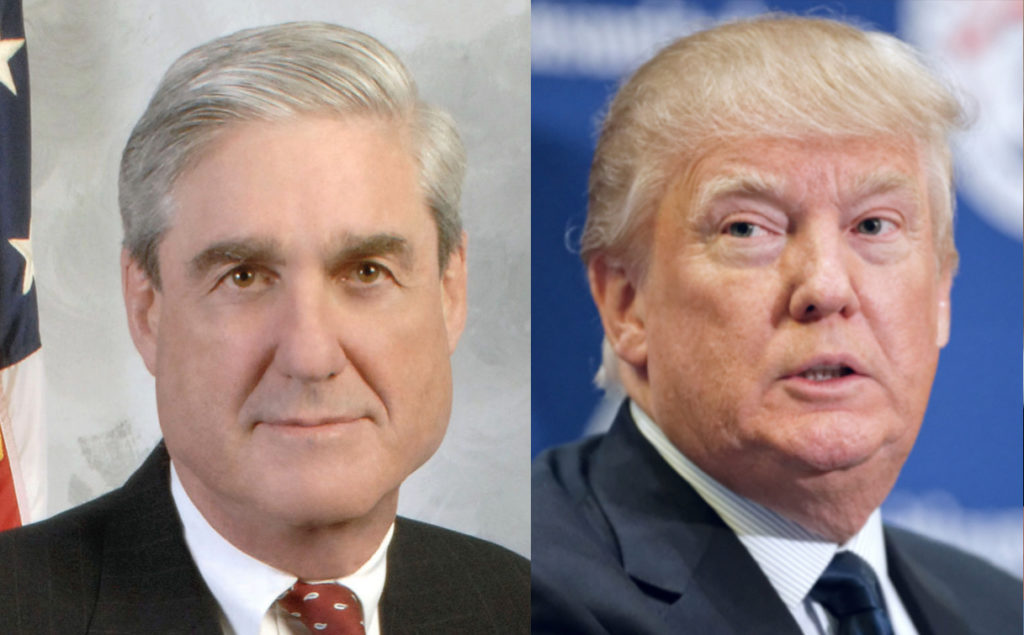Robert Mueller, Donald Trump and the Supreme Court

On April 23, 2018, the Supreme Court of the United States is scheduled to hear oral arguments in a case, Lucia v. Securities and Exchange Commission that may result in a decision about the President’s power to fire various officers, including special counsel Robert Mueller.
Lucia involves the hiring of administrative judges at the SEC, a minor case in the scheme of things. However, Donald Trump’s Solicitor General, Noel Francisco, intervened in the case, seeking clarification regarding the president’s power to fire all “officers of the United States” who “exercise significant authority.” The reality is Francisco (who would oversee the Mueller probe if Rosenstein were fired) is asking the Supreme Court to address this “removal” issue.
The issue of the president’s power to remove officers is one that has been debated for many years, sorting out the balance of power between the president and Congress. Francisco is arguing the president has the sole authority to hire and fire anyone who exercises “significant authority.” Francisco cites two Constitutional provisions- the Appointments Clause (“The President shall nominate…all other Officers of the United States”) and the Faithful Execution Clause (President shall “take care that the laws be faithfully executed”)- for the position that the president has broad termination powers.
The Roberts Court appears open to such arguments. In 2010, the Supreme Court struck a provision in the Sarbanes-Oxley Act permitting the firing of public accounting board members only for “good cause” by a vote of 5-4. Free Enterprise Fund v. Public Accounting Oversight Board. Roberts wrote, “Since 1789, the Constitution has been understood to empower the president to keep those officers accountable- by removing them from office, if necessary.”
The United States Court of Appeals Court of Appeals for the D.C. Circuit split 5 to 5 on whether administrative judges were officers. Francisco’s intervention in this hearing is intended to get SCOTUS to rule that the President has the power to remove Mueller, despite the Justice Department’s regulations that specify the special counsel may only be removed for “misconduct, dereliction of duty, incapacity, conflict of interest or for other good cause.” If SCOTUS goes beyond the narrow issue it has agreed to address, this could provide support for Trump to fire Mueller. The investigation may well hang in the balance if SCOTUS agrees the President has such powers.

Daniel is a lawyer writing and teaching about SCOTUS, and is the author of the book “The Chief Justices” about the SCOTUS as seen through the center seat.
